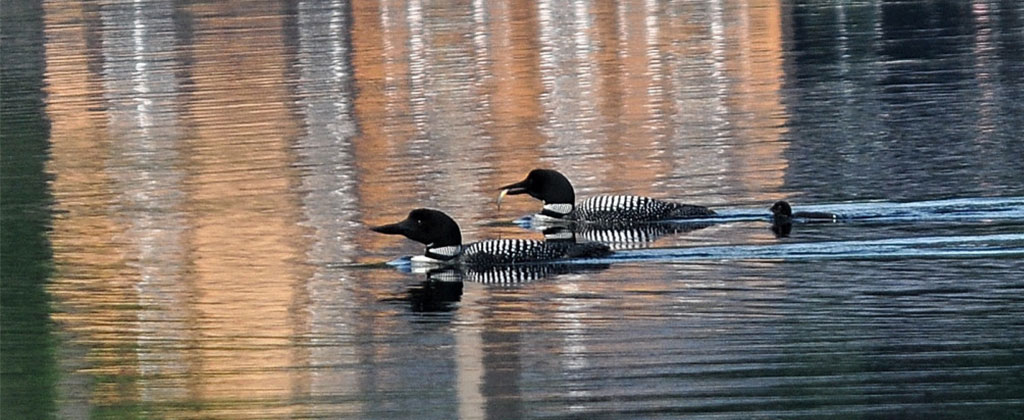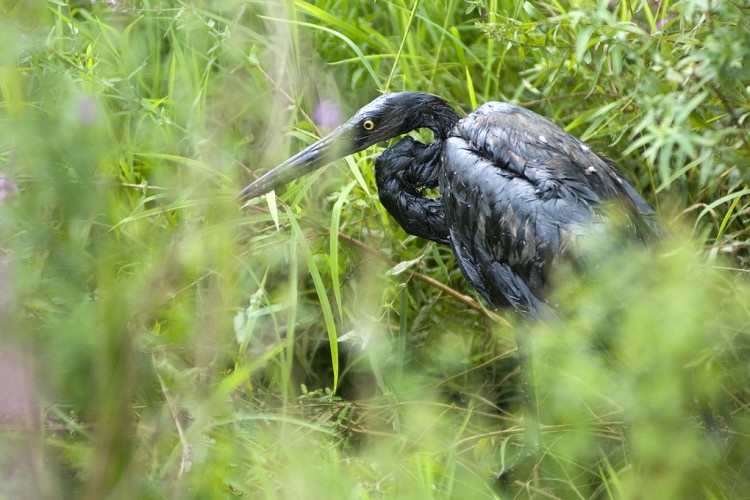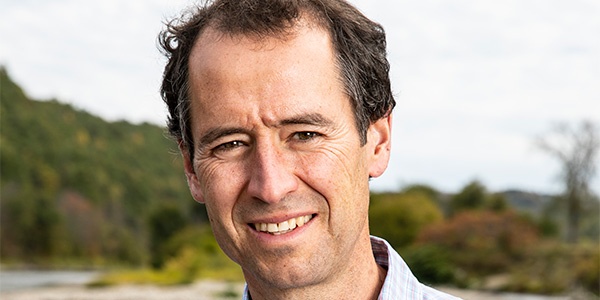We have much more to do and your continued support is needed now more than ever.
Tar Sands Enbridge GXL Pipelines Threaten Wildlife

As we continue to celebrate the November rejection of the Keystone XL pipeline, which prevented the pumping of over 800,000 barrels per day of carbon intensive, toxic tar sands oil through America’s heartland, a tar sands threat is growing again in the Great Lakes region. A new report – Enbridge Over Troubled Water: The Enbridge GXL System’s Threat to the Great Lakes – issued by a coalition of partners including the National Wildlife Federation and its Minnesota Conservation Federation details how the Canadian pipeline giant Enbridge, Inc. is seeking to expand tar sands oil transport through its labyrinth of pipelines that wend their way through the Great Lakes states.
The size of this expansion is alarming. Enbridge plans to move about 1.1 million more barrels per day of tar sands oil into the United States from Canada. These plans will potentially threaten communities and wildlife from Maine to Texas.
Tar Sands Oil: A Unique Threat to Wildlife
Tar sands oil poses particularly concerning impacts to wildlife.
For one, its extraction requires massive mining and drilling in the productive boreal evergreen forest region of Canada. The mining, drilling and waste it creates, is destroying and polluting habitat for migratory birds and caribou.
Also, as confirmed by a recent National Academy of Sciences report, heavy tar sands oil is nearly impossible to clean up when it spills – which it inevitably does. In fact, since 2005, Enbridge has been responsible for 763 spills, totaling 93,852 barrels of both light and heavy crude, including tar sands crude, which have spilled and devastated local waterways. Enbridge is a company responsible for polluting approximately 40 miles of the Kalamazoo River in the nation’s largest on-land oil spill in 2010. Birds, mammals, turtles and other wildlife were injured or killed by the spill and sections of the river are still polluted.
Finally, tar sands oil is far dirtier than conventional oil. It is at least 17% more carbon polluting on a lifecycle basis than the average oil in the U.S., fueling global climate change that threatens all wildlife

Enbridge GXL
The report details Enbridge’s troubling tar sands oil expansion plan, Enbridge GXL:
- ALBERTA CLIPPER DOUBLE CROSS SCHEME: Enbridge has already doubled the amount of tar sands coming over the border on its transboundary Alberta Clipper line, getting backdoor approval from the U.S. State Department to manipulate its border crossing to pour more tar sands oil into the United States and undermine any meaningful review of that expansion. A coalition of tribes and environmental groups challenged this scheme in federal court, but a judge ruled the State Department’s approval of this scheme was not subject to court review.
- LINE 3 IN MINNESOTA: Enbridge is planning to build a new line in a new corridor through Minnesota’s pristine lake country and then abandon its old Line 3, a corroding pipeline built in the late-1960s. This would allow Enbridge to bring an additional 370,000 barrels per day of tar sands across the border.
- LINES 61 AND 66 IN WISCONSIN: In order to transport all the extra tar sands oil Enbridge wants to move across the border throughout the United States, Enbridge plans to expand a major tar sands oil artery that cuts through the heart of Wisconsin, by expanding an existing pipeline and building a new one next to it. This expansion would link pipelines in Minnesota to a web of pipelines in Illinois that would then allow tar sands oil to spiderweb through a series of pipelines and refineries that stretch from Portland, Maine to Houston, Texas and beyond.
- LINE 5 UNDER THE STATES OF MACKINAC: Enbridge continues to carry oil on an aging line that runs along the bottom of the treasured, oft frozen and remote Straits of Mackinac between Lakes Michigan and Huron. While the line does not carry heavy tar sands, a spill from this line could permanently foul one of America’s most pristine and treasured resources.
- SANDPIPER IN MINNESOTA: Enbridge is eager to move fracked oil from the Bakken fields of North Dakota though a new pipeline to be placed parallel to the proposed Line 3 replacement. The proposed Sandpiper line would traverse and put at risk land and pristine lakes, rivers, and streams treasured by tribes and outdoor lovers alike, including the headwaters of the Mississippi River.
Take Action Tell the State Department: Do not allow expansion of the Alberta Clipper tar sands pipeline!






















